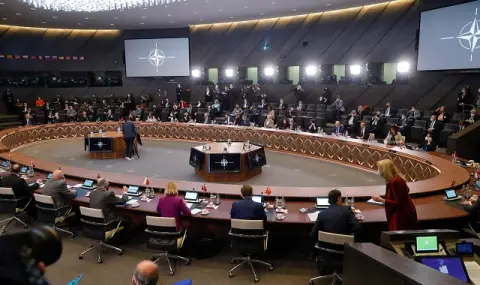NATO will increase intelligence sharing and improve critical infrastructure protection because of "hostile" acts of sabotage against allies by Russia and China. This was stated by NATO Secretary General Mark Rutte, quoted by "Reuters".
"In recent years, Russia and China have tried to destabilize our countries with acts of sabotage, cyberattacks, disinformation and energy blackmail to intimidate us," he pointed out.
"NATO Allies will continue to stand together to confront these threats through a range of measures, including greater intelligence sharing and better protection of critical infrastructure," Rutte noted.
NATO foreign ministers meeting in Brussels this week are expected to draw up a new strategy to counter hybrid threats - a term that covers propaganda, political interference, deception, sabotage of key infrastructure and other tactics beyond conventional military area.
"There is a sustained, sustained, day-to-day hybrid campaign being waged against NATO allies," said a senior alliance official.
The official, who spoke on condition of anonymity, pointed to Russia's "increasing appetite for risk when it comes to sabotage for physical damage and threats to the lives of people in our countries".
Western security officials said fires at courier warehouses in Britain, Germany and Poland in July were part of a test of a Russian plot to cause explosions on cargo flights to the United States.
European countries continue to investigate whether the cutting of two fiber-optic telecommunications cables in the Baltic Sea in November - one connecting Finland and Germany and the other connecting Sweden to Lithuania - was sabotage.
Russia has denied multiple accusations of involvement in hybrid operations.
"It is quite absurd to keep blaming Russia for everything for no reason," Kremlin spokesman Dmitry Peskov pointed out last month when asked about the cut cables.
China also dismissed as baseless Germany's accusations that it was behind a 2021 cyber attack on a German government agency.
Western officials say they face a challenge to agree on how to respond to suspected attacks, as some NATO members fear escalating tensions with Russia.
NATO members are also divided on how much to share their findings about suspected cases of sabotage, with some preferring to notify the public of such events while others believe it would be counterproductive.
